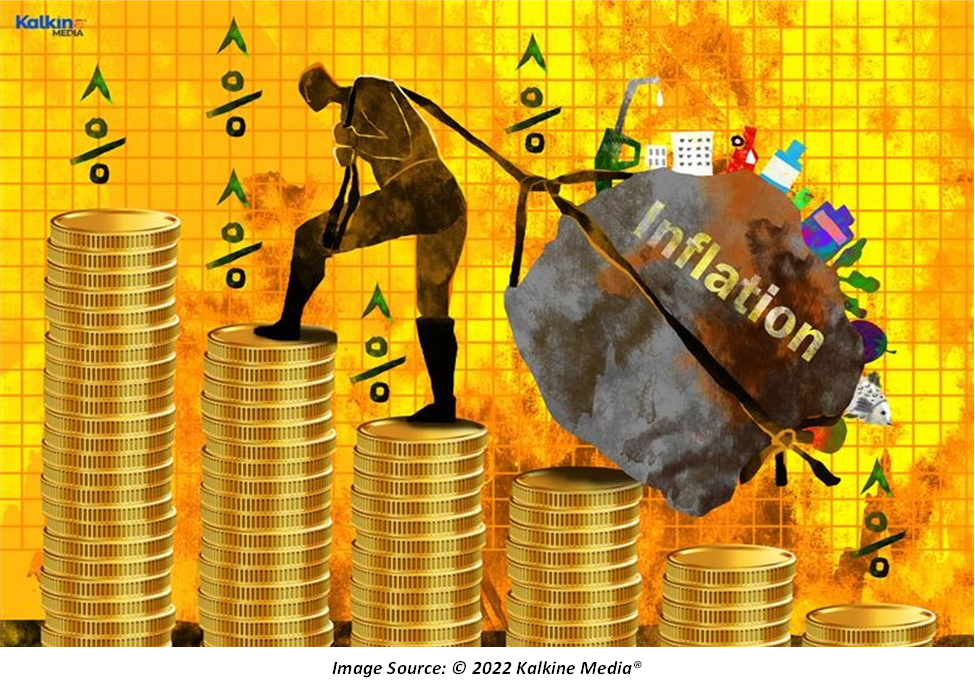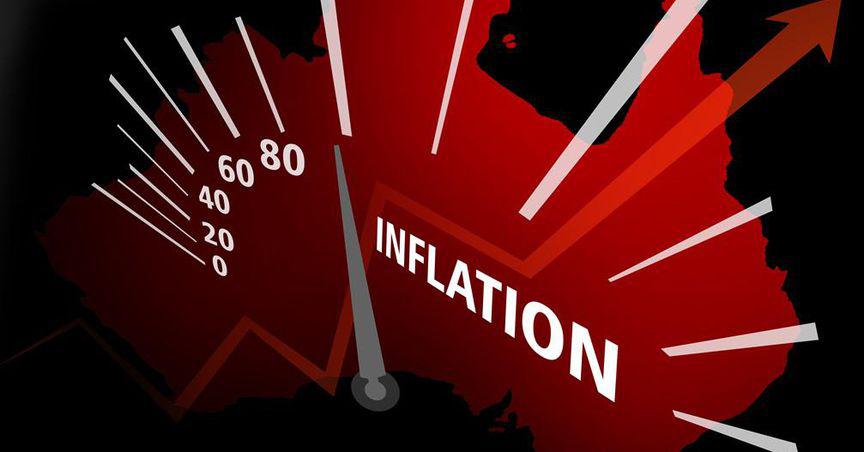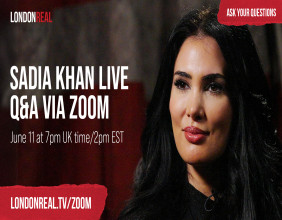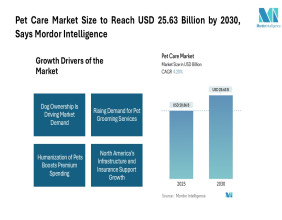Highlights
- Inflationary pressures have shown no signs of slowing down, with economic growth stalling in the backdrop.
- For long households and companies have been highly scared of high inflation as it can lead to the scary outcome of stagflation.
- The effects of inflation are now being felt in the political scenario as well in the form of a breaking political structure.
The harrowing tale of inflation has now taken an even more worrying turn as experts are concerned about inflation becoming a political risk. After a long period of stable prices, countries are now struggling to cope with high inflation. Meanwhile, geopolitical tensions have become a bigger threat as countries cope with surging prices of goods and services.
Rising globalisation has meant that more and more countries have become exposed to the risk of imported inflation. This has also meant that geopolitical tensions across some countries have quickly seeped into other parts of the world. These tensions have also impacted businesses and consumer confidence and blurred economic growth outlook.
Stagflation vs recession: Which is more detrimental to the economy?
These events have occurred at a time when central banks are raising interest rates across major economies. Meanwhile, post-COVID recovery has abruptly halted globally as supply chain issues and rising prices become a growing concern. The recovery is even slower for emerging economies, especially with monetary tightening measures also weighing down on them.
GOOD READ: How could a recession impact the housing market?
Inflation matters
Inflation has had a strong hold on households and businesses alike. It has been a matter of grave concern, even as many other geopolitical issues have emerged across the globe. The fears surrounding inflation and economic slowdown were so deep-rooted that many experts had started predicting that stagflation was underway.
These fears persist even now as inflation has shown no signs of receding. Additionally, an economic slowdown seems imminent with consumer and business sentiment also slowing down. Much of this reduction in sentiment can be attributed to the rising interest rates and their massive impact on the economy.
As businesses expect interest rates to go higher, they refrain from making large investments to avoid taking on a liability. Similarly, consumers would hold off large purchases, such as buying a house on a mortgage or buying a car or any home appliance on loan. Consequently, there is a lack of adequate demand and spending; hence economic growth slows down. This, in part, also helps bring down prices. However, it comes at the hefty cost of putting the economy in a stalling mode.
Alternatively, low levels of inflation are often considered normal and are self-equilibrating. However, the present economy has quickly transitioned from a period of low and manageable inflation to high inflation.
What is more worrying is the spillover effects of inflation on the political stability of an economy. Here is a closer look at how that may happen.
Inflation and politics
Events in Sri Lanka provide a clear picture of how rising inflation can be a threat to a nation’s political structure. Civil unrest and a breakdown of the government have followed the supply constraints and rising prices that have pushed the economy into crisis mode. Experts believe that countries highly dependent on energy and food imports from Russia and Ukraine could also land into similar circumstances.

The breakdown of Sri Lanka’s political structure highlights that if people in power cannot manage high inflation, it can lead to civil unrest and the collapse of that country's political system. Many leaders prefer to step down during a period of increased economic turmoil and further worsen the situation for a nation. Essentially, this means that when it gets tough to keep factors under control, then leaders often give up.
This factor alone presents a dangerous outlook for economic and political stability for countries in the near term. However, it is worth noting that increased demand for travel is likely to cushion the impact of high inflation for countries that are great tourist destinations. Now, international tourism has got a thrust as most countries have opened their borders and withdrawn Covid-related travel restrictions. These factors will likely keep some economies upbeat in the following months. However, tourists would not like to visit a country witnessing political unrest.
Hence policy measures introduced by the government and central banks would be crucial in determining how an economy performs through a period of high inflation.





